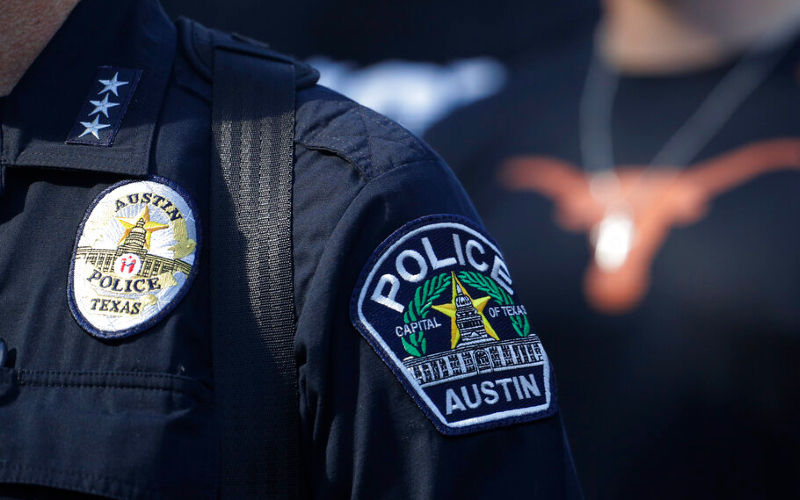In their ongoing effort to push the LGBTQ+ agenda to young minds, New York Democrats want to change laws that deal with the needs of some children.
Natalya Murakhver of Restore Childhood says the New York General Assembly is floating a bill that would hide gender transitions from parents by allowing homeless minors to make their own medical and surgical decisions.

"They're doing this under the guise of well, there are vulnerable runaways who need this type of support. Then narrow the bill," she suggests. "This is very, very broad. This is as broad as it could possibly be. If the real goals were what they are stating they are, then it would be far more narrow and much more easily acceptable."
According to the way the bill is written, all a minor would have to do to obtain so-called "affirming treatment," including surgical mutilation, is run away from home.
The Daily Caller points out that transgender medical procedures have been credited with serious side effects, including bone damage, blood clots, fertility issues, and liver damage, but this proposal would prohibit providers from informing parents if their child obtained such treatment. So, if a child suffered any emergency complications, then the parents would be completely in the dark.
"They are preying upon the most vulnerable children with pre-existing mental health co-morbidities like severe anxiety, autism, other spectrum issues," Murakhver laments.
She says those are the children "who would benefit the most from increased parental involvement" and from mental health counseling that would reunite them with their parents and help them align their thinking with their biology.
Restore Childhood, which is a non-profit in New York that aims at protecting children's health and well-being, plans to fight this "criminal" effort.
Southern hospitality has its limits
On the other end of the spectrum, lawmakers in Tennessee are working to protect children from the pornography industry.
State Representative Jody Barrett (R) has been concerned that there is little a person can do if they have been harmed by pornography. Even if someone can prove harm, it is difficult to get a case going.

"A lot of your district attorneys and prosecutors, particularly in the rural areas, are more focused on the crimes that get headlines -- the victim crimes that are violent, including robbery, theft, car jackings, murder," he explains. "Those are the things that get a lot of attention for them and get voters' eyeballs."
Pornography crimes are also difficult to get in court because the issue of free expression is implied. But Barrett points out that child pornography does not have First Amendment protections; those who produce, sell, send, or distribute that material are already in violation of state and federal law.
So, he has introduced a bill that would allow private citizens to file suit in civil courts in Tennessee. It specifies that people and entities that produce and distribute child pornography can be held civilly liable for injuries and damages to victims.
"Opening up the civil side of the code to give individual citizens the ability to seek redress through the courts I think is going to be a huge advantage for Tennessee families, but also make Tennessee a much less hospitable place for folks that are trying to spread obscenity throughout the state," the representative submits.
The state House has approved the measure, and the state Senate should act on it within the next week or two. Barrett says support in that body is strong.







